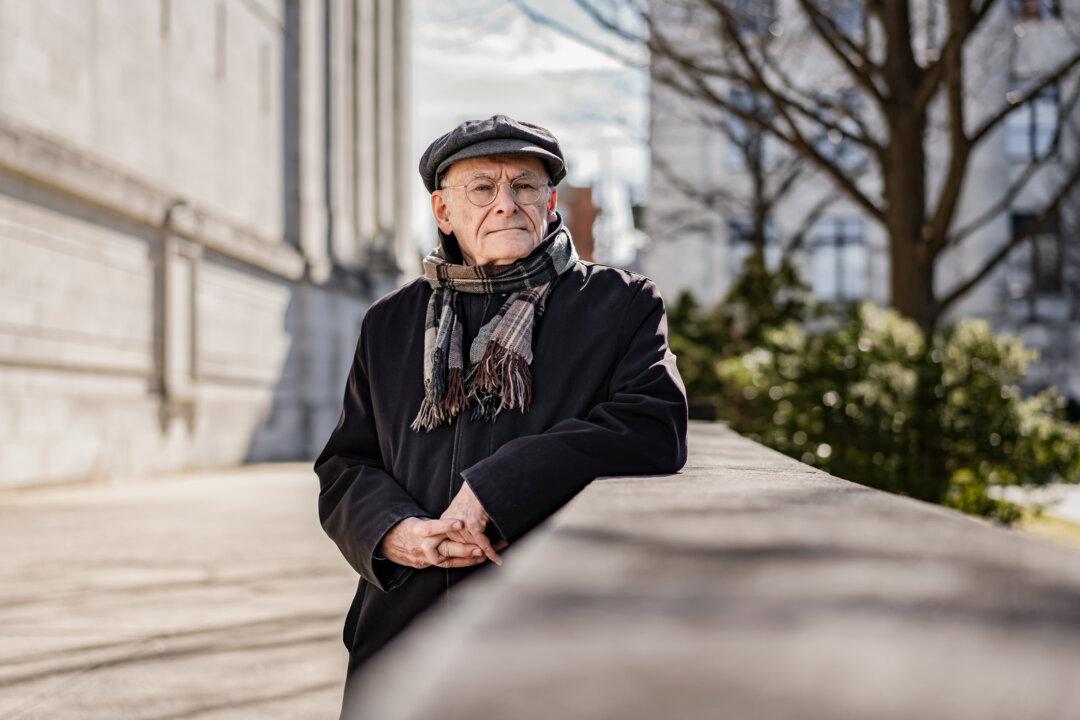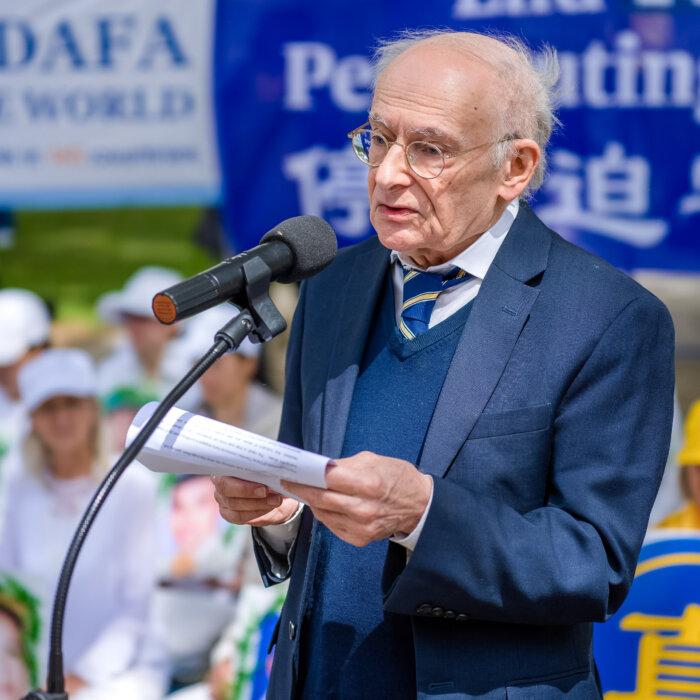SYDNEY, Australia—International human rights expert David Matas has highlighted the scale of the Chinese Communist Party (CCP)’s medical genocide, estimating that the regime may be earning nearly $9 billion (A$13.5 billion) a year from forced organ harvesting.
“The numbers are large and horrendous,” Mr. Matas stated during a Q&A session following a screening of the documentary “State Organs,” which exposes these clandestine crimes by the communist regime.
“The total figure I was getting was $8.9 billion a year.”
What their families uncovered was far more sinister: a state-sponsored industry targeting innocent, healthy citizens for their organs, which are then sold for transplantation globally.
Mr. Matas said that the CCP’s official figures for organ transplants were 10,000 organs a year, but his calculation produced a figure ten times larger.
“We did our own calculation of volumes by going to hospital websites and adding them up. The Chinese official figures were in total 10,000 organs a year, but our calculation was 100,000 a year,” he said. “That’s an awful lot of people.”
He touched on how large-scale atrocities are sometimes hard to grasp, referencing the quote that “the death of one person is a tragedy, the death of a million people is a statistic.”
Documentary Should be ‘Compulsory Viewing’
Kerry Wright, an audience member and former high school teacher, said the film was a timely reminder of the ethical concerns surrounding organ transplants and the need for stricter regulations, as countries increasingly rely on trade with China.“I think this is something that should chill Australians to the bone,” Ms. Wright, who is involved with the Tibetan movement, told the panel on June 19.
“They already know about it, but I think most people don’t want to feel and look. It is just too ... way out, beyond their understanding, but this film does it very well.”
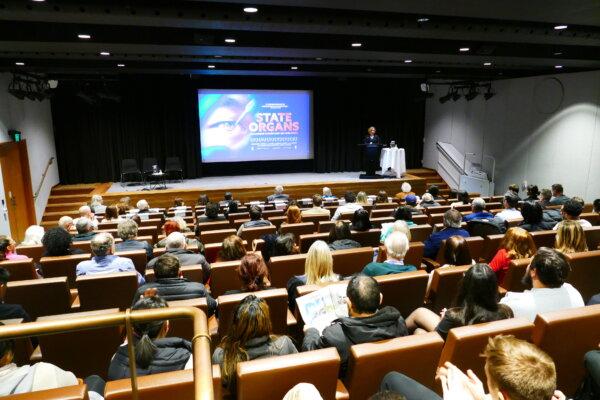
One of the poignant stories featured in the film is that of Sonny Zou, who was detained and tortured for practising Falun Gong. He was released briefly but tricked into returning to the police station in 2000, where he was sentenced to three years in a labor camp.
Mr. Zou fell ill and died the next day; his body was cremated without his family’s consent. Mr. Zou was 28, leaving behind his wife and 11-month-old daughter.
His widow faced police intimidation and surveillance for protesting her husband’s death, and disappeared three months later. The couple’s deaths are shrouded in mystery to this day.
Ms. Wright said the film should be recommended as “compulsory viewing for all people in politics from all parties” because it’s not “a party matter.”
“I would be taking that film to every town in Australia and showing it,” she told The Epoch Times. “The whole government needs to watch that film, and every state government, and then discuss human rights.”
“People don’t understand that live people are having their organs ripped out in a very large number for a very long time.”
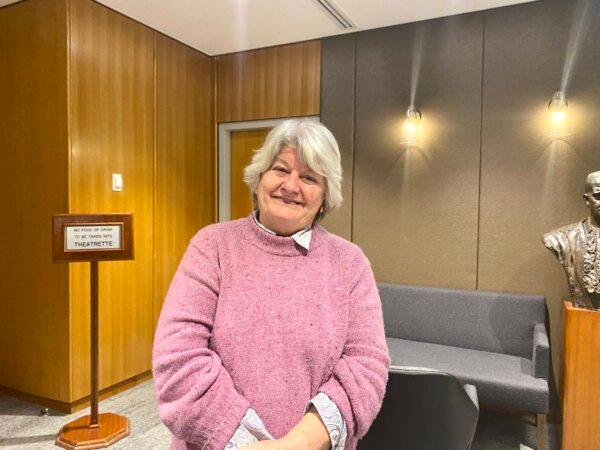
Ms. Wright noted that Australia has been friends with the CCP “long enough to see they are no friend.”
“We invite those people here and say the friendship is getting better.”
“This is like inviting Hitler or Hermann Goring or any of the other Nazi leaders and saying, ‘Oh well, we better make friends because we’re in the 21st century.’”
As the world moves into a different era, it is “absolutely time for all darkness to come out of the dark and into the light,” the educator added.
‘Daunting And Confronting’
Meanwhile, Aleksei Kelava, a law student from the University of Technology Sydney, said the movie has brought out the humanity aspect of an atrocity that could be difficult to comprehend solely from statistics.“When you see a statistic like 60,000, 200,000 deaths per year, it’s very hard to actually understand the significance of that. Or we can kind of just say, that sucks and then we’re just gonna move on,” he told The Epoch Times.
“But I think when you get shown these very personal stories, it allows us to understand this issue, because it can apply to everywhere, it can be us—if we were just born in China.”
Eric Bessiris, a commerce student from the University of Sydney, said he found the movie “daunting and confronting.”
He argued that it is important for the public, particularly young Australians, to be aware of the issue as Australia has a large Chinese immigrant population.
“It definitely affects a lot of our fellow Australians,” he noted.
“The more we know about history, the more we’ve sort of tried to conquer our ignorance, I think, the better position we will be in moving forward to avoid similar atrocities.”
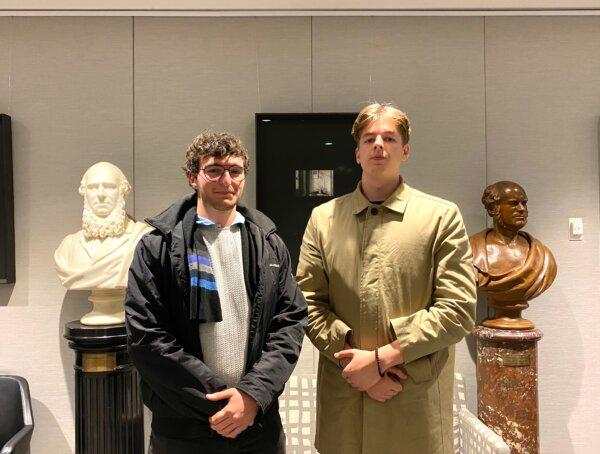
Origins of the Secret Organ Harvesting Industry
Mr. Matas has dedicated nearly two decades to exposing the Chinese regime’s systematic organ harvesting practice.His investigative work, including his co-authored book with late Canadian MP David Kilgour, “Bloody Harvest of Falun Gong Practitioners in China,” was nominated for the 2010 Nobel Peace Prize.
In this work, they found that the main source of organs was practitioners of Falun Gong (also called Falun Dafa), an ancient, spiritual practice rooted in traditional Chinese culture that teaches its adherents to live by the principles of truthfulness, compassion, and tolerance.
Due to its effectiveness in improving health, by 1999, Falun Gong attracted over 100 million practitioners.
The popularity of Falun Gong, however, led to the jealousy of the top leader of the CCP, Jiang Zemin.
Seeing it as a threat to the communist regime’s totalitarian rule, the dictator launched a brutal persecution campaign against the practice. The ongoing persecution campaign involves, and is not limited to, arbitrary detention, torture, forced labour, and forced organ harvesting.
The practice’s emphasis on traditional moral values, harkening to China’s Buddhist- and Daoist-steeped culture before the communist regime, was perceived as a threat to its atheist ideology.
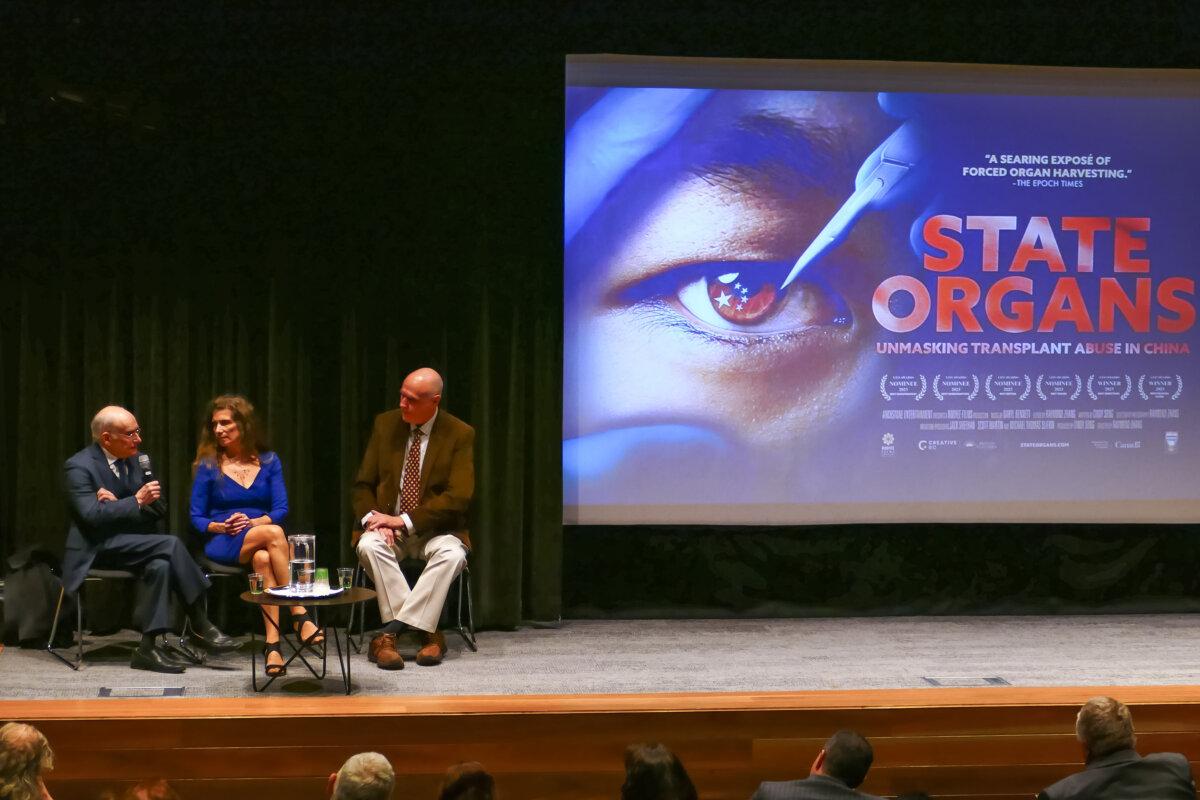
The documentary was screened across major cities of Australia including Canberra, Perth, and Melbourne, ending in Sydney on June 19.
Raymond Zhang, director of the “State Organs,” said that he spent six years on the documentary.
To truthfully restore history, he overcame many difficulties to find witnesses of forced organ harvesting who were brave enough to be interviewed, including family members of victims, witnesses, and doctors involved in live organ harvesting.
“The difference is: it’s still ongoing.”
